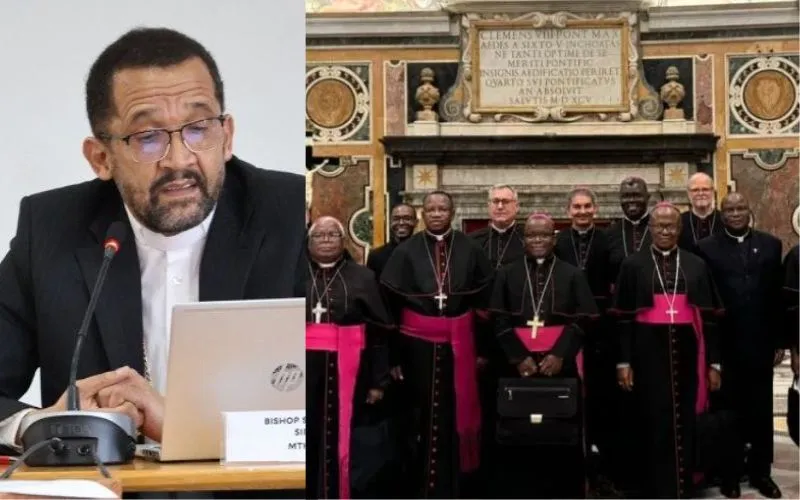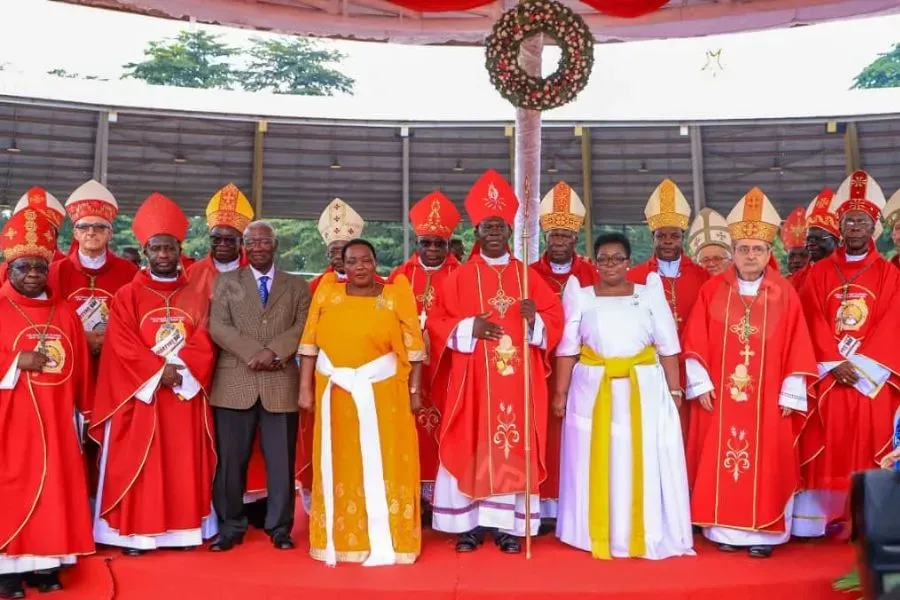A Reuter’s November 6 report indicated that at least 18 people had been killed in the protests.
In their letter to CEM President and Catholic Bishops in Mozambique dated November 8, SACBC members say, “We have been following the elections in your Conference area with keen interest and pastoral concern.”
“The elections took place in a context of great discontent and a strong popular demand for strengthening the rule of law and greater transparency in electoral administration,” SACBC members, who include the Catholic Bishops of Botswana, Eswatini, and South Africa and “others equivalent in Canon Law” to Diocesan Bishops say, referring to an October 9 report by election observers, who represented the Inter-regional Meeting of the Bishops of Southern Africa (IMBISA).
SACBC members add, “In this situation, which IMBISA so aptly described, we had hoped that these elections would usher in a peaceful democratic atmosphere, leading to the end of violence and suffering affecting the ordinary people of your beautiful country.”
On October 22, CEM members issued a statement in which they indicated that the observed irregularities during the October 9 poll had eroded public trust in electoral institutions in the country, prompting widespread frustration among citizens.
“Once again, there was fraud on a grand scale, such as ballot box stuffing, forged notices, and many other ways of covering up the truth. Irregularities and fraud, largely carried out with impunity, reinforced the lack of trust in electoral bodies, in leaders who abdicate their dignity and disregard the truth and the sense of service that should guide those to whom the people entrust their vote,” SACBC members say referring to the CEM October 22 statement.
They add, “While the electoral bodies did certify the results, you were unequivocal in your statement that ‘certifying a lie is a fraud’. The certification of results was a lie, which became clear to us when we observed in the media on 31 October 2024 the expression of discontent about the election results by multitudes of people peacefully protesting.”
SACBC members go on to express their disapproval of the repressive response to peaceful protesters, saying, “We were greatly shocked and saddened to watch the harsh repression by security forces in response to such a peaceful protest.”
“We pray for those who have died from the effects of violence and wish those who got injured a speedy recovery,” Catholic Bishops in Botswana, Eswatini, and South Africa say in the two-page letter that SACBC President, Bishop Sithembele Sipuka, signed.
They join their counterparts in Mozambique “in calling on the authorities to address the causes of disgruntlement about these elections and to respect the will of the Mozambican people. Should the situation deteriorate, we call on the SADC region to deal with this fallout.”








